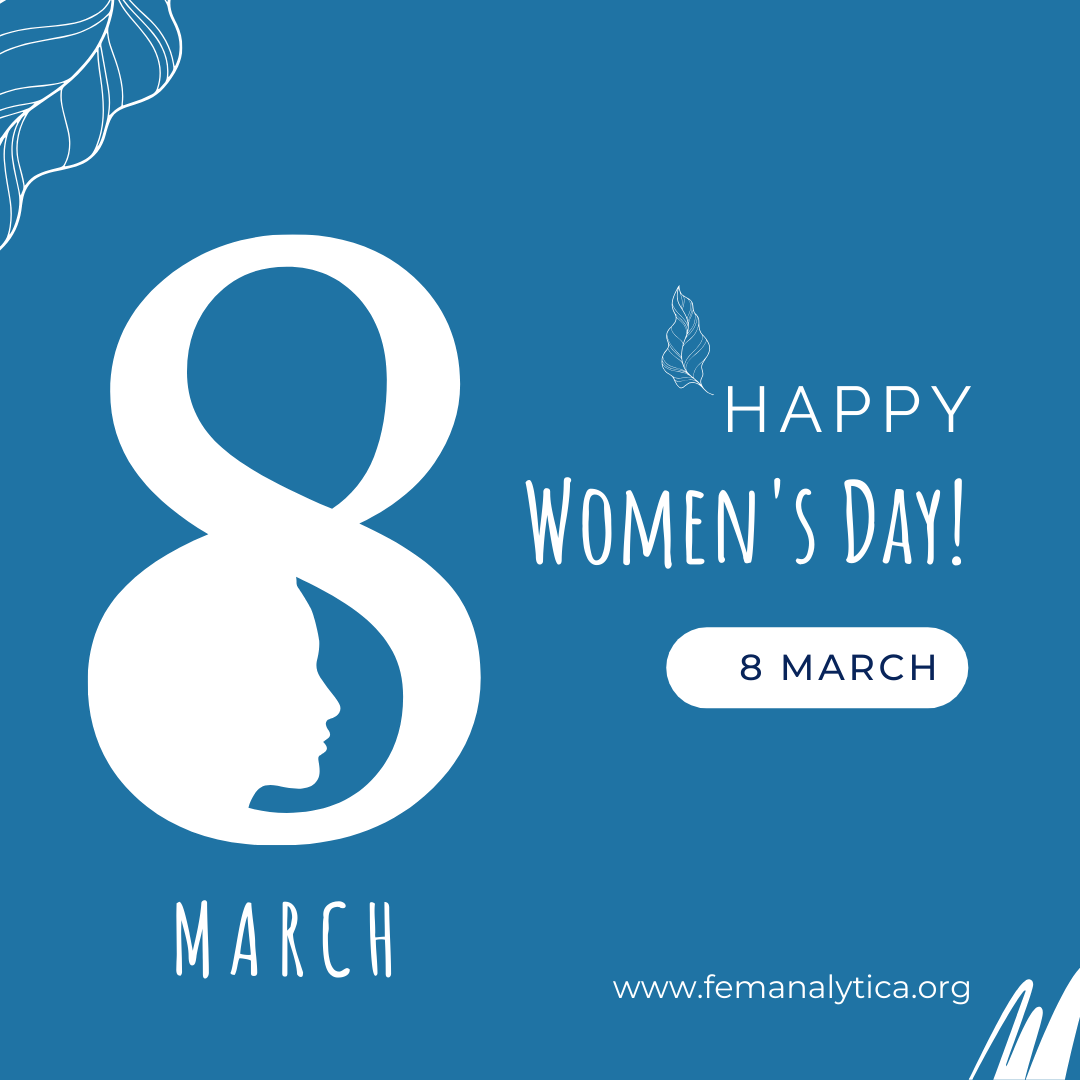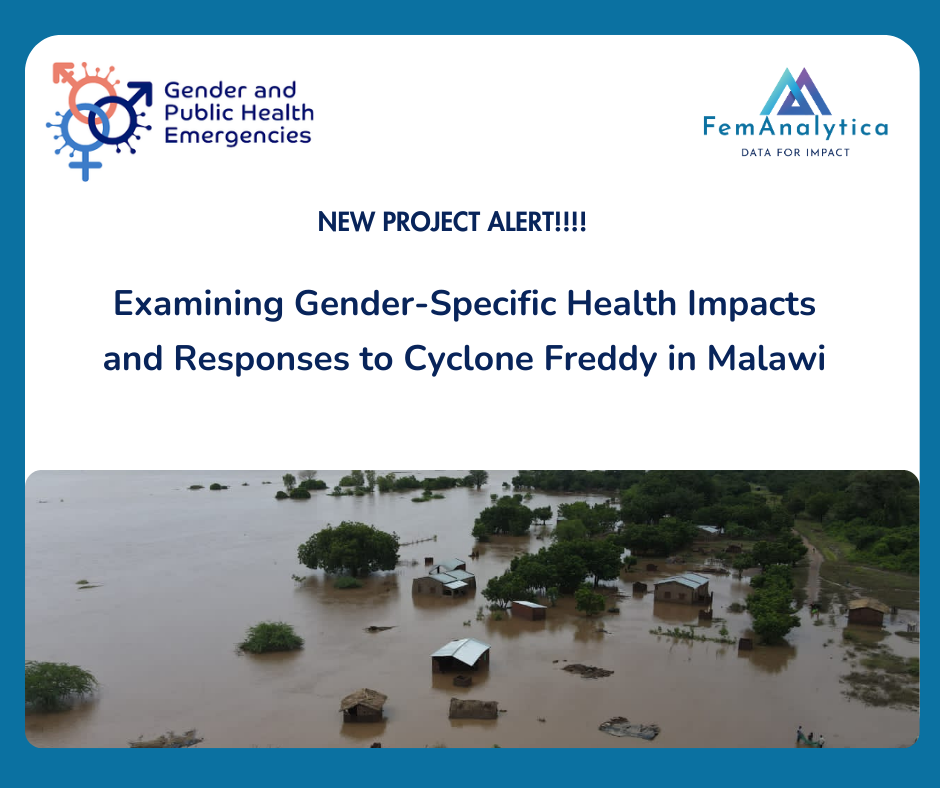International Women's Day 2024: Making Malawian Women and Girls visible
As we celebrate this year’s International Women’s Day, 8th March 2024 it’s a moment to pause, reflect, and appreciate the strides we’ve made in advancing women’s contributions across various fields in Malawi. This year’s theme, “Inspiring Inclusion,” holds particular significance as we collectively aim to create a more equitable world.
Gender Inequality in STEM: A Persistent Barrier
Inclusion matters. When we discuss gender equality, we must recognize that it extends beyond mere numbers. It encompasses creating an environment where every woman’s voice is heard, her contributions valued, and her potential fully realized. The fight for gender equality in low- and middle-income countries like Malawi, may differ from the similar struggles in high-income countries. This difference is why it is important to have local female researchers and stakeholders leading the charge for change. They understand the challenges plaguing their communities and can provide an authentic portrayal of the lives and needs of ordinary Malawian woman. As the adage goes: “African solutions to African Problems”, and this can be extended to issues faced mainly by Malawian women.
The lack of women representation continues to be an issue despite efforts made by governments and other organisations to address gender inequity. Such that while women are becoming a bigger part of the general workforce and having a greater say overall, many still shy away from science and technology. Studies have shown that gender stereotypes and socio-cultural perspectives lead many women to perceive STEM as a hostile male-dominated environment. Unfortunately, the lack of women in STEM and general decision/policy-making roles may negatively affect the way we as a nation and global community evolve, especially with the growing use of artificial intelligence (AI).
Role of AI and the Gender Data Gap
AI models, such as Large Language Models (e.g. ChatGPT), are trained to massive amounts of data to perform their required tasks. However, if this training data is riddled with biases, then these models will perpetuate these biases in their outputs. This is why it is also important to address the gender data gap -which refers to the scenario where organisational decisions do not necessarily reflect the needs of women because of lack of data.
Aside from its impact on technological advances like AI, the gender data gap also affects the way policies are made, and how progress is monitored. Gender bias may be embedded in the way questions are asked, how the samples are drawn for population surveys, and how conclusions are drawn. The absence of accurate data weakens the political will related to developing effective strategies for gender equality and inclusion, as well as accountability. Therefore, it is crucial that we ensure that women and their lived reality are thoughtfully considered in how data is generated, collected and analysed, as this is essential to making women and girls visible.
All voices matter in shaping the future, and African women can offer a valuable, previously untapped perspective. No one should be left behind in a rapidly evolving world.
As we celebrate International Women’s Day, let’s commit to making Malawian women and girls visible. By addressing gender inequality, promoting local leadership, and closing the data gap, we pave the way for a brighter, more equitable future.
About the author
Temweka Chirwa is a Malawian Data Scientist based in South Africa and a volunteer at FemAnalytica.


